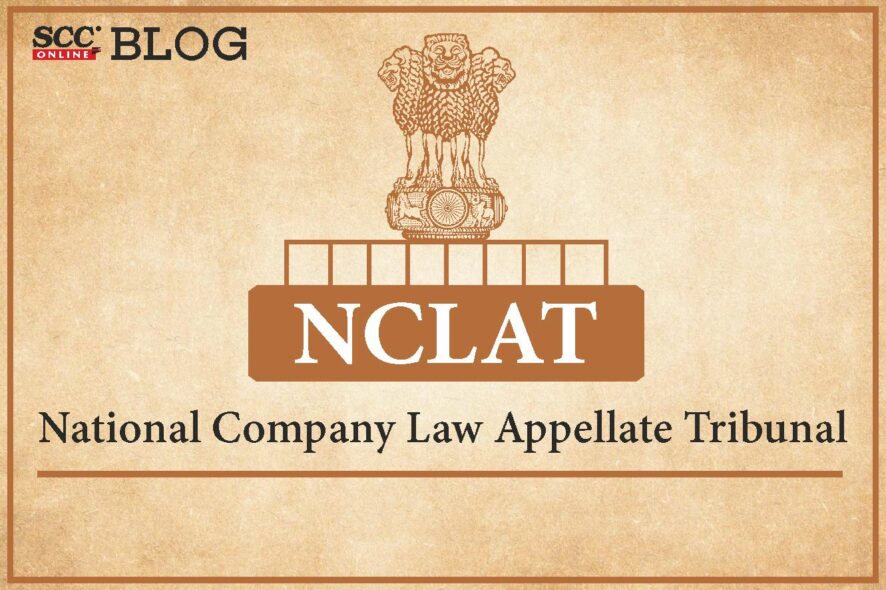National Company Law Appellate Tribunal, Delhi: The Bench of Anant Bijay Singh, J., Judicial Member, and Shreesha Merla, Technical Member, dismissed a company appeal and held that a One-Time Settlement Proposal (OTS proposal) falls within the definition of ‘acknowledgment of debt' as defined the provisions of the Limitation Act, 1963.
Background of the case
Financial Creditor, Bank of Baroda, extended financial assistance to the Corporate Debtor through various term loans for an amount of Rs.9,91,00,000/-. On 01-08-2016, an OTS proposal was filed by the Corporate Debtor before the DRT, Pune, but it was not accepted by Financial Creditor. Thereafter, a new OTS proposal was proposed on 07-03-2018 which was accepted by the Financial Creditor on 27-03-2018. However, the Corporate Debtor failed to pay its repayment obligations.
The Financial Creditor filed a petition under Section 7 of the Insolvency and Bankruptcy Act, 2016 (IBC), seeking initiation of the Corporate Insolvency Resolution Process (CIRP) against the Corporate Debtor. The Adjudicating Authority admitted the application and initiated CIRP against the Corporate Debtor. The Corporate Debtor filed an appeal before the NCLAT, challenging the initiation of CIRP.
Analysis and decision
After considering the facts, the Bench relied on the Supreme Court judgment, Dena Bank v. C. Shivkumar Reddy, (2021) 10 SCC 330, where it was held that “Section 18 of the Limitation Act, 1963 gets attracted the moment acknowledgment in writing signed by the party against whom such right to initiate Resolution Process under Section 7 of IBC ensures. Section 18 of the Limitation Act would come into whenever the Principal Borrower and/or the Corporate Guarantor (Corporate Debtor), as the case may be, acknowledge their liability to pay the debt. Such acknowledgment, however, must be before the expiration of the prescribed period of limitation including the fresh period of limitation due to ‘acknowledgment of the debt', from time to time, for the institution of the proceedings under Section 7 of IBC. Further, the acknowledgment must be of a liability in respect of which the ‘Financial Creditor' can initiate action under Section 7 of IBC. Hence, the Court sees no reason why an offer of One Time Settlement of a live claim, made within the period of limitation, should not also be construed as an acknowledgment to attract Section 18 of the Limitation Act.”
In the light of the above-mentioned judgment, the Bench held that the OTS proposal dated 01-08-2016 and 27-03-2018 falls within the definition of the ambit of ‘acknowledgement of debt' as envisaged under Section 18 of the Limitation Act, 1963. Hence, dismissed the company appeal.
[Tejas Khandhar v. Bank of Baroda, Company Appeal (AT) (Insolvency) No. 371 of 2020, decided on- 12-07-2022]
Advocates who appeared in this case :
Pulkit Deora, Advocate, for the Appellant;
Mr Brijesh Kumar Tamber , Advocate, for the Bank of Baroda;
Lzafeer Ahmad B.F, Advocate, for the Resolution Professional.







